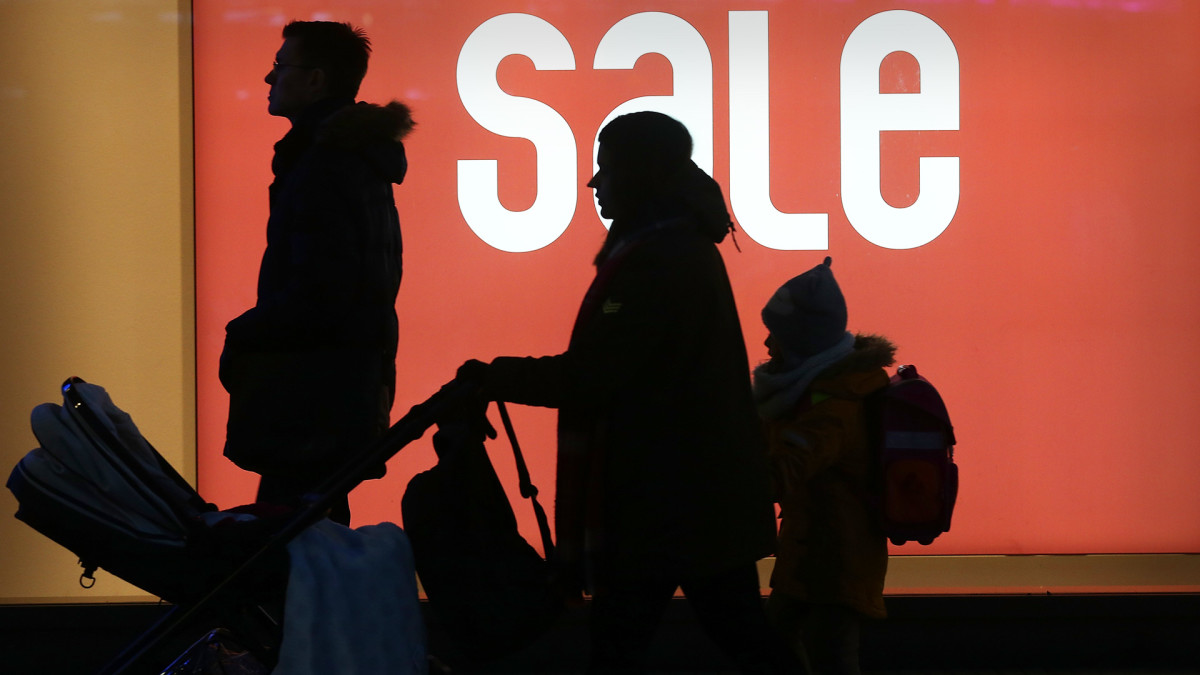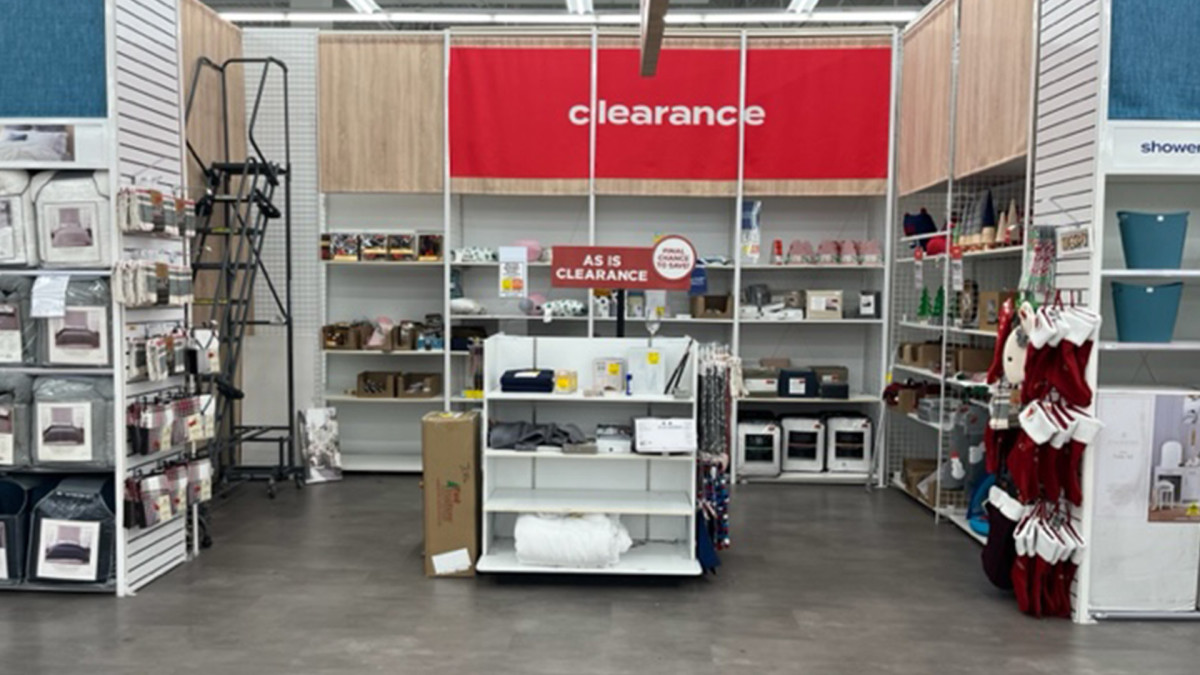
The past year has been brutal for both traditional and disruptive retail brands.
A number of companies simply never recovered from the covid-pandemic-era shutdowns, while others saw orders pull forward during that period, leaving them struggling as the world returned to normal.
Bed Bath & Beyond, Tuesday Morning and Christmas Tree Shops were all victims of the debt they accrued during the lockdown periods when many stores were closed. All three of those brands offered treasure-hunt experiences that didn't really translate into online sales.
Related: Popular clothing retailer faces Chapter 11 bankruptcy, cash crisis
None of the three companies was particularly healthy before the pandemic and the added debt they took on made survival nearly impossible. It wasn't a case of the three brands not having customers — they all had devoted followings — but none of them could generate the sales needed to dig out from under their debt.
A second group of retailers, direct-to-consumer disruptors, has also struggled mightily after a boom during the pandemic. When it was hard to leave your house to go shopping, people turned to digital-native companies for everything from prepared meals to mattresses, clothing and furniture.
Now, three of these high-profile brands have achieved a dubious distinction and face a significant risk of a Chapter 11 bankruptcy filing.

Image source: TheStreet
Direct-to-consumer brands face bankruptcy risk
Credit Risk Monitor has created a system that enables it to predict when companies might go bankrupt.
"Our proprietary Frisk score indicates a company’s level of financial stress, based on the probability of bankruptcy over a 12-month horizon. It’s proven 96% accurate in predicting U.S. public company bankruptcy during this time horizon," the company says on its website.
When a company reaches the lowest score on the Frisk scale, a 1, that means it has a 10% to 50% chance of filing for bankruptcy. That's where three popular direct-to-consumer brands — Sleep Number, Rent the Runway (RENT) and Marley Spoon — find themselves right now. All three have received a 1 on the Frisk scale, which serves as a warning to vendors and lenders.
A low Frisk score can become a self-fulfilling prophecy because vendors and lenders might become wary of extending credit to a company with that rating. That could make it hard for the retailer to buy inventory in order to generate cash.
Ultimately, that's what drove Bed Bath & Beyond, Christmas Tree Shops and Tuesday Morning into bankruptcy. Vendors tightened their terms and, in some cases, asked for cash up front. In a market where new loans are expensive and hard to come by, that quickly created a Chapter 7 situation where those brands had to be liquidated.
Two massive brands also see big bankruptcy risk
While it's not quite as critical as the situation for Sleep Number, Rent the Runway, and Marley Spoon, two heavily hyped brands, connected-fitness provider Peloton (PTON) and alternative-meat producer Beyond Meat, have scored a 2 on the Frisk scale. That rating means that those two companies have a 4-9.99% risk of a bankruptcy filing.
Peloton has suffered due to marketing missteps and faltering demand. The company's sales surged during the pandemic when gyms were closed and people were looking for ways to work out in their homes.
Once the world reopened, however, demand dried up, and the idea of spending $2,500 to buy an exercise bike that requires a monthly subscription to use became much less popular. The company, however, had scaled up its operations, assuming demand would stay strong, which has not happened.
Beyond Meat's (BYND) problem might be harder to solve. The company essentially created a category — plant-based meat that looks like actual meat — that has now become a commodity. Countless companies have entered this market and Beyond does not really have a moat to protect its brand.
Some customers may prefer Beyond Meat while others will simply try every brand or go with the most affordable one. Consumer demand for plant-based meat has also faltered in some places, with products like the McDonald's McPlant and various Dunkin' menu items never gaining traction and being taken off menus.
Related: Veteran fund manager picks favorite stocks for 2024







